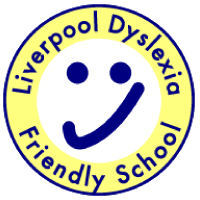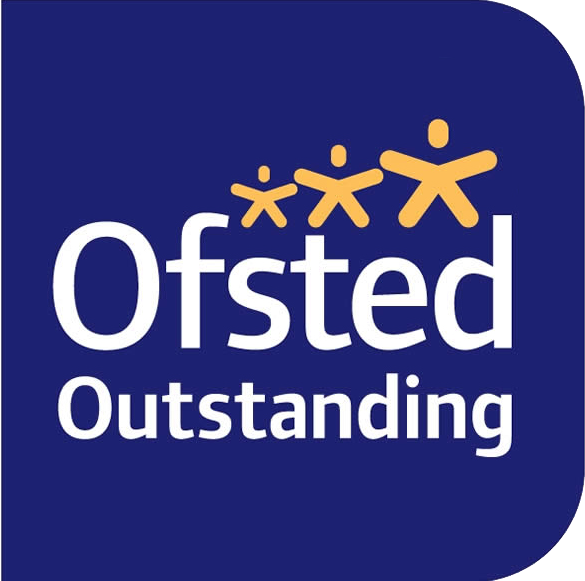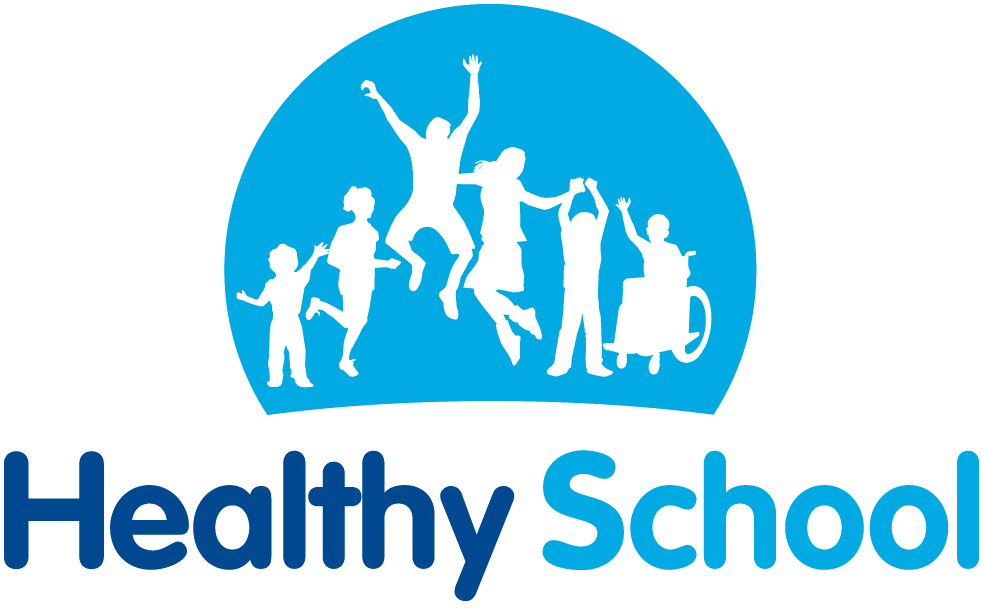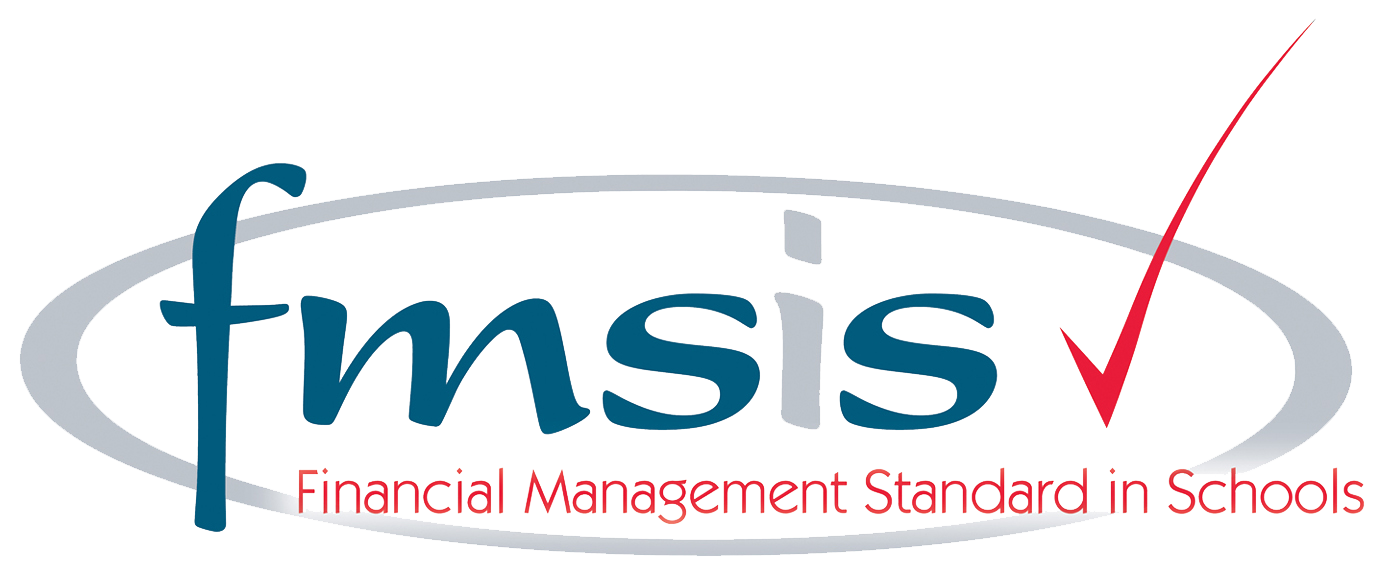| Subject/Key Stage/ Area Of Responsibility: | Computing |
| Subject teacher: | Claire Papatheodorou (CP) |
| Cluster lead: | Natalie Concannon (NC) |
| Date: | 19/05/23 |
ORGANISATION:
- Cluster lead – Mrs N Concannon
- Specialist teacher – Mrs C Papatheodorou (KS3-KS4)
- Primary- Class teacher (primary 2), Class teacher (primary 1)
- Base classes – Cluster lead Mrs T Penny, teachers – Miss J Coates, Mrs T O’Reilly, Miss K Roberts & Miss A Hitchmough
- KS5 – Miss C Southern and Mrs S Barker
All students at Bank View, across all key stages, have 1 hour of Computing (C) per week, in line with the national curriculum guidelines. At KS2 and in the Base classes, C is delivered by the class teachers listed above. At KS3-KS4, C is delivered by CP who is a trained secondary C teacher. CP has taught C for 4 years, since joining Bank View in 2019 as an NQT. At KS5 C is delivered by the teachers listed above.

During KS3 the emphasis is placed on developing a good understanding of computer science (CS) and exploring creative projects, such as game design and app development.
Students are also introduced to a range of CS applications and develop the skills required to make use of them. Familiarity with a range of peripherals is also developed and therefore the students’ knowledge of computer terminology is developed and enhanced. This supports pupils’ development and skills building of information technology.
Students are also introduced to e-Safety and encouraged to develop strategies for ensuring their personal safety online. They gain digital literacy skills and are taught how to make responsible use of CS resources for communication.
These are fundamental skills for preparing our pupils to be able to safely and respectfully engage in the digital world we live in.
At KS4 pupils build on the skills they have gained throughout KS3 and work towards achieving externally accredited foundation qualifications. Throughout year 10 & 11 pupils will complete 4 units of work towards achieving their Entry level 2 or 3 pathways qualifications for IT users with WJEC. In addition to this year 11 pupils will build on their skills and work towards completing their Functional skills ICT entry level – level 1 exam with Edexcel.
Cross curricular links: Binary values in Maths, spread sheets in Geography, subject specific literacy in English, colour system in art, data in science and creative projects in design technology.
INTENT:
Technology is all around us and it will play a pivotal part of our pupils’ lives both now and in the future. At Bank View we empower our pupils to use technology positively, responsibly, and safely. Our computing curriculum is intended to provide opportunities for children with varying SEN needs to develop as independent, confident, successful learners with high aspirations who know how to make a positive contribution to their community and the wider society. Our sequenced curriculum challenges pupils and embeds an understanding of what makes up a computer system, uses of application software, development of algorithms and writing of textual programs; the building blocks of Computer Science, Digital Literacy and IT.
- For students to develop an understanding and appreciation of Computer Science.
- For students to understand and explore the world around us, both natural and artificial, in computational terms.
- For students to develop computational thinking and become logical thinkers and problem solvers.
- For students to become effective and proficient uses of IT.
- For students to have access to the entire curriculum with emphasis placed on differentiation to make it accessible to all learners.
- For students to have the opportunity to design and develop coding using a variety of programs and languages.
- For students to develop digital literacy skill and engage with IT and the wider community safely and respectfully.
- For students to obtain the necessary skills to enable them to obtain accreditation.
IMPLEMENTATION:
The Computing curriculum at Bank View is delivered in 1 hour sessions per week for all KS3 students, base and primary classes. Students follow the NC for Computing for both primary and secondary sectors. At KS4, they follow WJEC Pathways for IT users and Edexcel Functional skills ICT.
The key principles that make up our curriculum cover:
- Languages, machines, and computation
- Data and representation
- Communication and coordination
- Abstraction and design
- The wider context of computing.
These are taught through a range of units that cover Computer Science, IT and Digital Literacy.
Computer Science:
Students are taught the fundamentals of Computer Science through the following:
- Computational Thinking (Decomposition, Patterns, Abstraction, Algorithms)
- Computer Systems (Hardware and Software- Input and outputs, Turing Tumbles, VR)
- Data Representation (Binary, image, sound, compression, logic gates)
- Programming:
- Algorithms
- Pseudocode
- Flowcharts (Flowol)
- Block coding (Micro bit, App inventor, Minecraft Education and Kodu)
- Text based language (Python and Minecraft Education).
ICT:
Students are introduced to a range of different software packages, which prepares them for further study:
- Networks
- Animation
- Wed development
- Presentation software
- 3D design
- Digital Graphics
- Spreadsheets
- Databases
Digital Literacy:
Student are taught how to be safe and sensible users of ICT via:
- E-Safety
- Searching for Information using the Internet and the WWW.
- Communication/Email
Subject Knowledge:
- The KS3 & KS4 teacher is a subject specialist.
- Staff’s subject knowledge is continuously updated and furthered through CPD initiatives and cross-school moderation.
- The computing teacher has undertaken up to date NSPCC/CEOP Online safety training and has attended National online safety training.
- CP has attended and is a trained CEOP Education Ambassador for Bank View.
Personalised Learning:
- All students are given individual Computing targets to work towards in computing lessons via their next steps.
- Each student has access to a range of devices to support their learning including: PCs, tablets, drawing tablets, headphones, help sheets.
- Students are able to obtain WJEC IT users qualifications tailored to their needs and ability.
- Students are given the opportunity to work towards Functional Skills ICT qualification, at a level that is suited to them.
Supporting + Extending
- Students are supported in lessons by a TA. They will be guided to support the students who are identified as requiring additional support in computing lessons and they promote independence growth in students too. At times they will support students and at other times they will facilitate students to extend their knowledge and skills.
- Students’ attainment is extended through the use of subject specific targets individual to each individual learner, given throughout the lesson or as part of a sequence of lessons.
- Activities are taught individually, in groups or paired work to enable students to develop their confidence and re-enforce learning.
- Most tasks enable students to work at their own pace ensuring that all students work to the best of their abilities and are differentiated by outcome.
- We offer qualifications, which appeal to leaners from EL1 to L2. This means we can ensure that all students get the opportunity to fulfil their potential.
Assessment + Feedback:
- We have an assessment system suited to the needs of our students.
- Formative assessment is carried out by questioning, output or Quizizz to establish misconceptions and reinforce learning.
- Summative assessments are completed either in test format, practical activity, project output or analysis of work.
- Assessment completed through project outcomes or tests and tracked using traffic light system tracker. It is used to track students’ progress and interventions are in place to support pupils.
- The Edexcel Qualifications students sit are suited to our learners so that they can all achieve their potential.
- The Computing department follows the whole-school marking policy.
- All Computing staff give feedback regularly. During creative projects feedback is given verbally and ongoing when necessary. Feedback may also be given in written form.
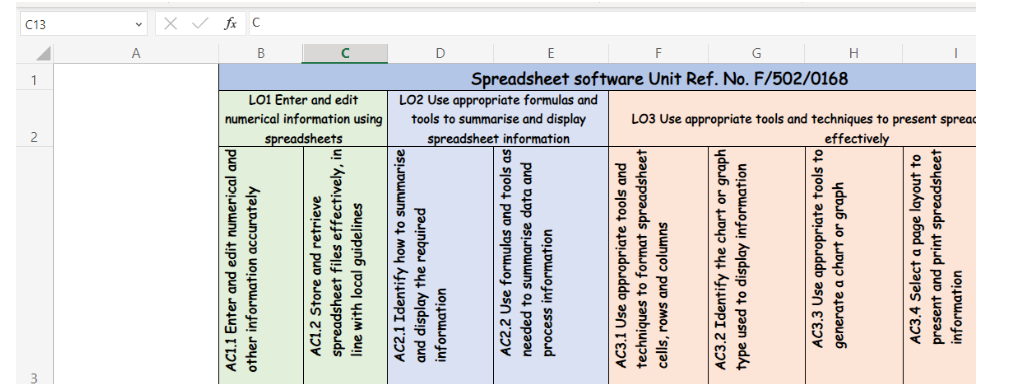
(fig 2)
Tracking system: Electronic tracking systems (fig 2) are in place to monitor pupil progress in WJEC units of work.
Interventions:
- Every term, Computing staff assess students’ learning and record their progress. Students who are behind their expected level are placed on an intervention list. The intervention strategy is actioned and the staff responsible made aware.
- The students on intervention’s progress are assessed every half-term and adjustments are made accordingly.
- Based on the tracking, teachers are able to set targets for each student to ensure that they get the best opportunity to fill in the gaps in the knowledge and those working at above are given appropriate challenge.
Delivering a Broad + Balanced Curriculum:
At KS3, students follow the NC for Computing: Computer Systems, Programming and Digital Literacy. Units of study can be seen on the curriculum maps above and within the long/medium term plans.
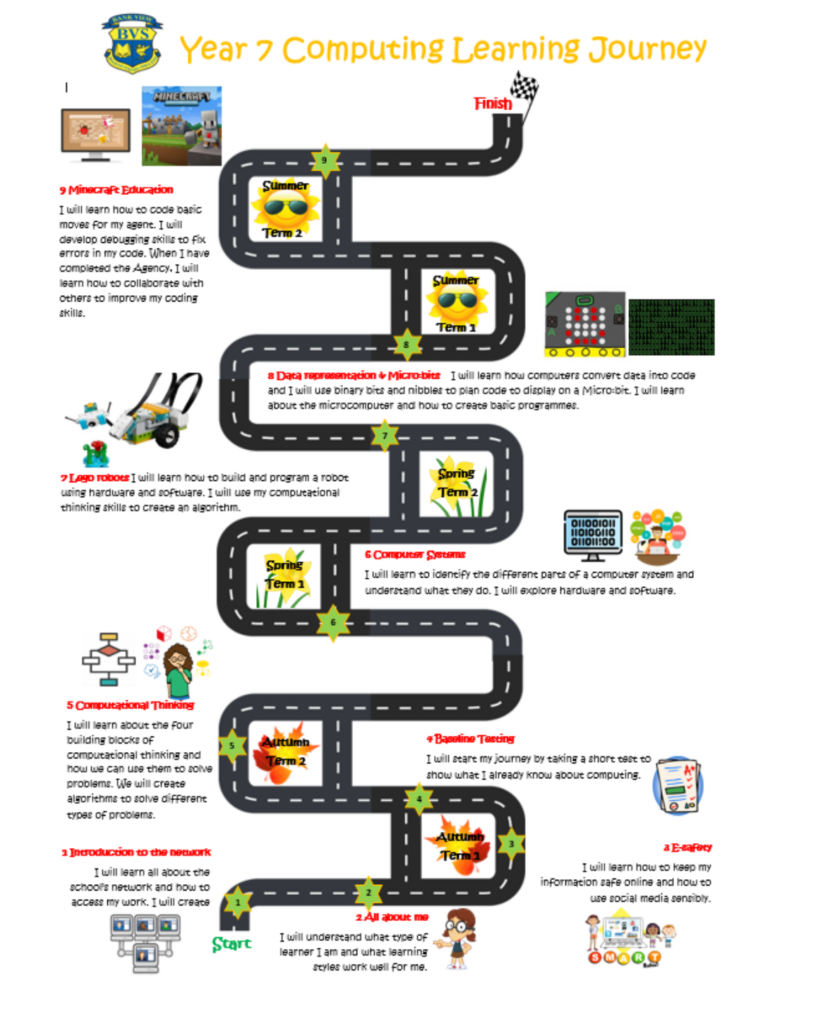
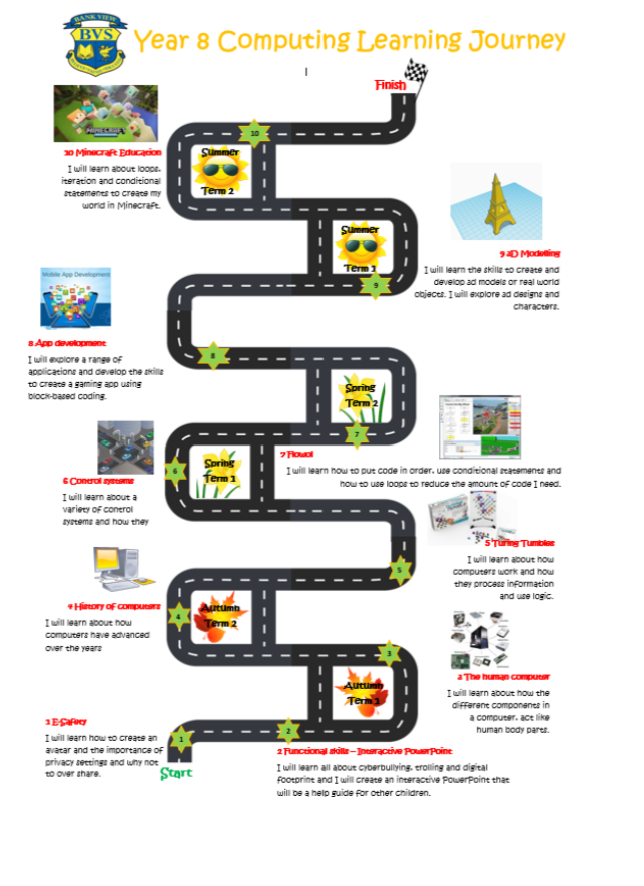
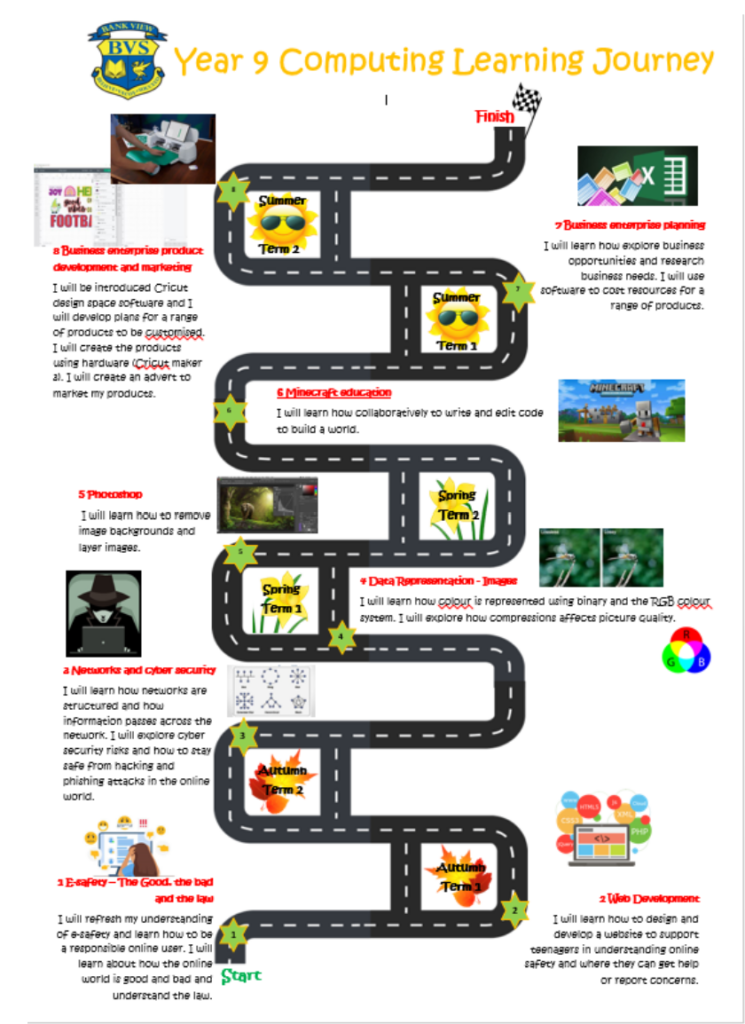
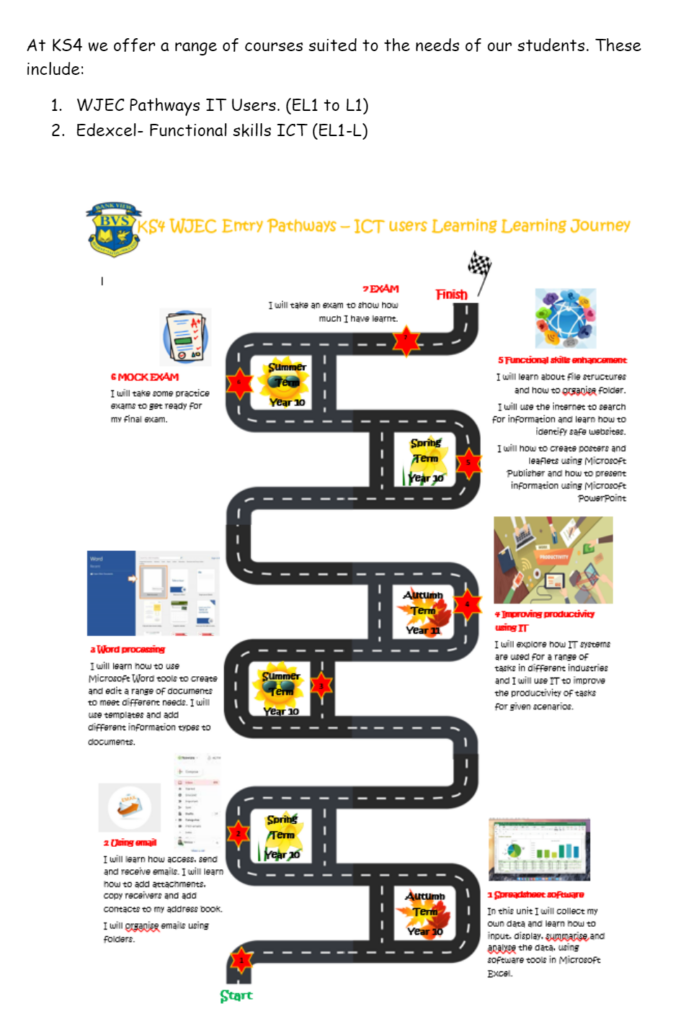
Links to websites to support computing:
- http://www.neuroproductions.be/logic-lab/
- https://www.calculator.net/binary-calculator.html
- https://www.tutorialspoint.com/execute_python_online.php
- https://wordwall.net/myactivities
- https://www.kodugamelab.com/
- https://code.org/
Homework:
- Links to useful websites for homework are available on the school website.
- Parents evening: Parents are informed about the coding activities online via Code.org and are asked to encourage their child to do one hour of code per week.
- When using new software that is free, students are shown how to safely download the software and given information on how they can access this at home to encourage them to continue to develop their computing skills.



